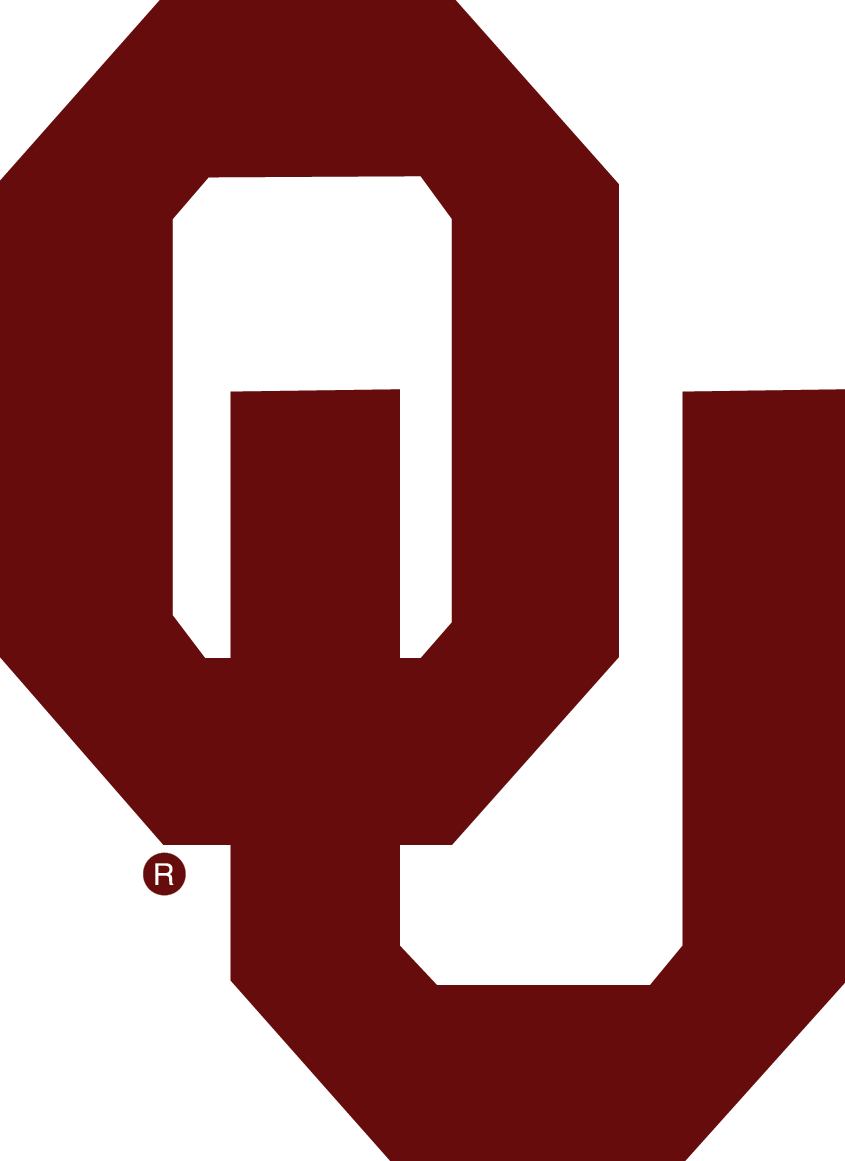The Dietetic Internship Program follows the OUHSC/College of Allied Health process for Academic Appeals. An intern may request a hearing before the Academic Appeals Board for appeals related to an academic evaluation in a course; a thesis or dissertation defense, a general or comprehensive exam, suspension or dismissal under the Student Professional Behavior in an Academic Program Policy, and academic program-related decisions resulting in the student being dismissed from a program or being required to repeat a semester or year. The process is meant to provide a mechanism for a consistent appeals process that treats both parties as fairly and as impartially as possible, that protects confidentiality, and is as expedient as possible. Refer to the College of Allied Health Student Handbook for the full appeals process.
For complaints related to sexual misconduct, discrimination, and harassment, refer to the OUHSC Student Handbook.
For complaints related to HIPAA compliance, refer to the OUHSC Office of Compliance.
For complaints about the program that do not fall under the purview of the above processes, the process below should be followed:
- A student should first attempt to resolve the matter informally via a conference with the individual associated with the program (faculty member, staff, preceptor, instructor, or evaluator) as soon as possible after the precipitating event. The student should set forth his or her concerns in writing and set up a conference.
- If the dispute is not resolved to the satisfaction of the student after conference with the other individual, the student must attempt to resolve the matter with the program director within 10 days after the conference with the other individual. Again, the student should set for his or her concerns in writing, send this document via e-mail to the program director, and set up a conference with the program director. (In those cases in which the complaint is against the program director, the student should attempt to resolve the matter with the department chair.) During this part of the informal resolution process, the program director will meet with the student and consider the information contained in the detailed written statement provided by the student, confer with the other individual if deemed necessary, attempt to resolve the matter, and advise the student that he or she may further address the complaint to the department chair.
- If the issue is again not resolved to the satisfaction of the student after the conference with the program director or the conference with the program director is not appropriate, the student should address the concern with the department chair within 10 days of the conference with the program director. At this point, the complaint is considered a formal complaint, and record of the complaint and its resolution will be kept on file for at least 7 years per ACEND accreditation standards. Prior to this meeting with the department chair, the student should set for his or her complaint in writing and send it to the department chair via e-mail when setting up the conference. The department chair will again attempt to resolve the issue to the satisfaction of the parties involved and may involve college dean as needed.
- Complaints against the program related to noncompliance with ACEND accreditation standards may be submitted in writing after all other options within the program and within OUHSC have been exhausted. These complaints may be submitted directly to ACEND.

